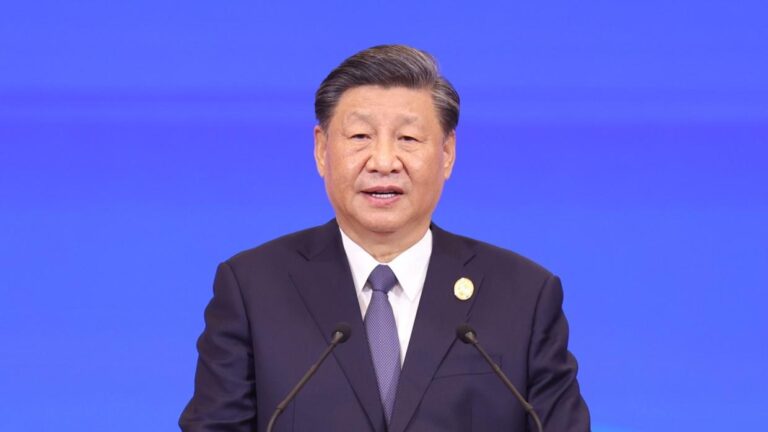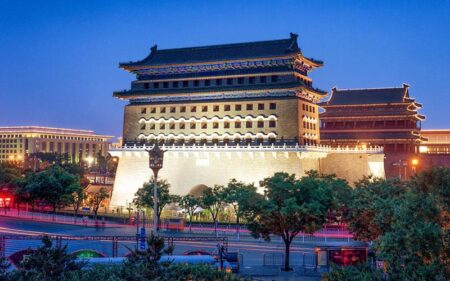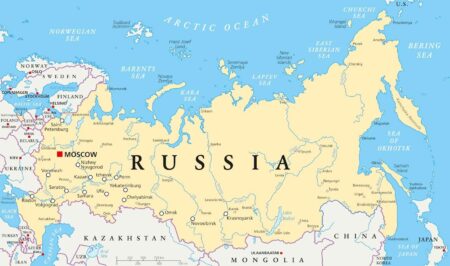In a surprising development, Chinese President Xi Jinping has for the first time skipped the annual BRICS summit, marking a notable shift in the dynamics of the influential group comprising Brazil, Russia, India, China, and South Africa. Xi’s absence at the summit has raised questions among global observers regarding China’s strategic priorities and its future role within the bloc. This unprecedented move not only reflects the complex geopolitical landscape but also signals potential changes in the cooperation and alignment among the member nations. Here’s why Xi Jinping’s decision to miss the BRICS summit matters on the international stage.
Chinese President Xi Jinping’s Absence at BRICS Summit Signals Shifts in Global Diplomacy
Xi Jinping’s decision to skip the BRICS summit for the first time since the bloc’s inception sends ripples across the landscape of international diplomacy. Traditionally, his presence signaled China’s deep commitment to the cooperative economic agenda that BRICS champions. This absence, however, raises questions about Beijing’s shifting priorities amid rising geopolitical tensions and a recalibrated focus on domestic issues. Analysts suggest that China’s strategic restraint could indicate a nuanced approach to multilateralism, balancing between expanding influence and managing global perceptions.
The impact of his absence is multifaceted:
- Signal to Allies: Possibly a subtle message to fellow BRICS members about China’s evolving stance on economic collaboration and leadership.
- Global Power Dynamics: Reflects an era where traditional alliances are tested by emerging national interests and ideological divides.
- Domestic Priorities: Highlights Beijing’s emphasis on consolidating internal growth and stability over external engagements in a volatile world.
| BRICS Summit Attendance | Chinese Representation | Implications | |||||||||||||||||||||||||||
|---|---|---|---|---|---|---|---|---|---|---|---|---|---|---|---|---|---|---|---|---|---|---|---|---|---|---|---|---|---|
| 2013-2022 | President Xi Jinping | Strong leadership, focused diplomatic influence | |||||||||||||||||||||||||||
| 2023 | Vice Premier or Senior Official | Sign of shifting diplomacy, cautious engagement |
| BRICS Summit Attendance | Chinese Representation | Implications | |||||||||||||||||||||||||||
|---|---|---|---|---|---|---|---|---|---|---|---|---|---|---|---|---|---|---|---|---|---|---|---|---|---|---|---|---|---|
| 2013-2022 | President Xi Jinping | Strong leadership, focused diplomatic influence | |||||||||||||||||||||||||||
| 2023 | Vice Premier or Senior OfficialImplications for BRICS Cohesion and Emerging Market AlliancesThe absence of Chinese President Xi Jinping from the BRICS summit sends ripples through the alliance’s dynamics, raising concerns over the bloc’s unity at a time when emerging markets are seeking cohesive leadership. As the largest economy within BRICS, China’s role has been pivotal in driving the group’s agenda, from fostering economic collaboration to geopolitical coordination. Xi’s no-show subtly signals potential strategic recalibrations, reflecting either domestic preoccupations or a shift in China’s foreign policy priorities. This development inevitably fuels speculation about the stability of emerging market alliances. Several member nations may now reassess how aligned their interests truly are with Beijing’s evolving stance. Key implications include:
Key TakeawaysXi Jinping’s unprecedented absence from this year’s BRICS summit marks a significant moment in the bloc’s evolving dynamics and signals potential shifts in China’s regional and global strategy. As the world closely watches the implications of his no-show, analysts will be looking to how other member states respond and what this means for the future cohesion and influence of BRICS. Ultimately, Xi’s decision underscores the complex geopolitical landscape shaping international alliances in the years ahead. . . . |




